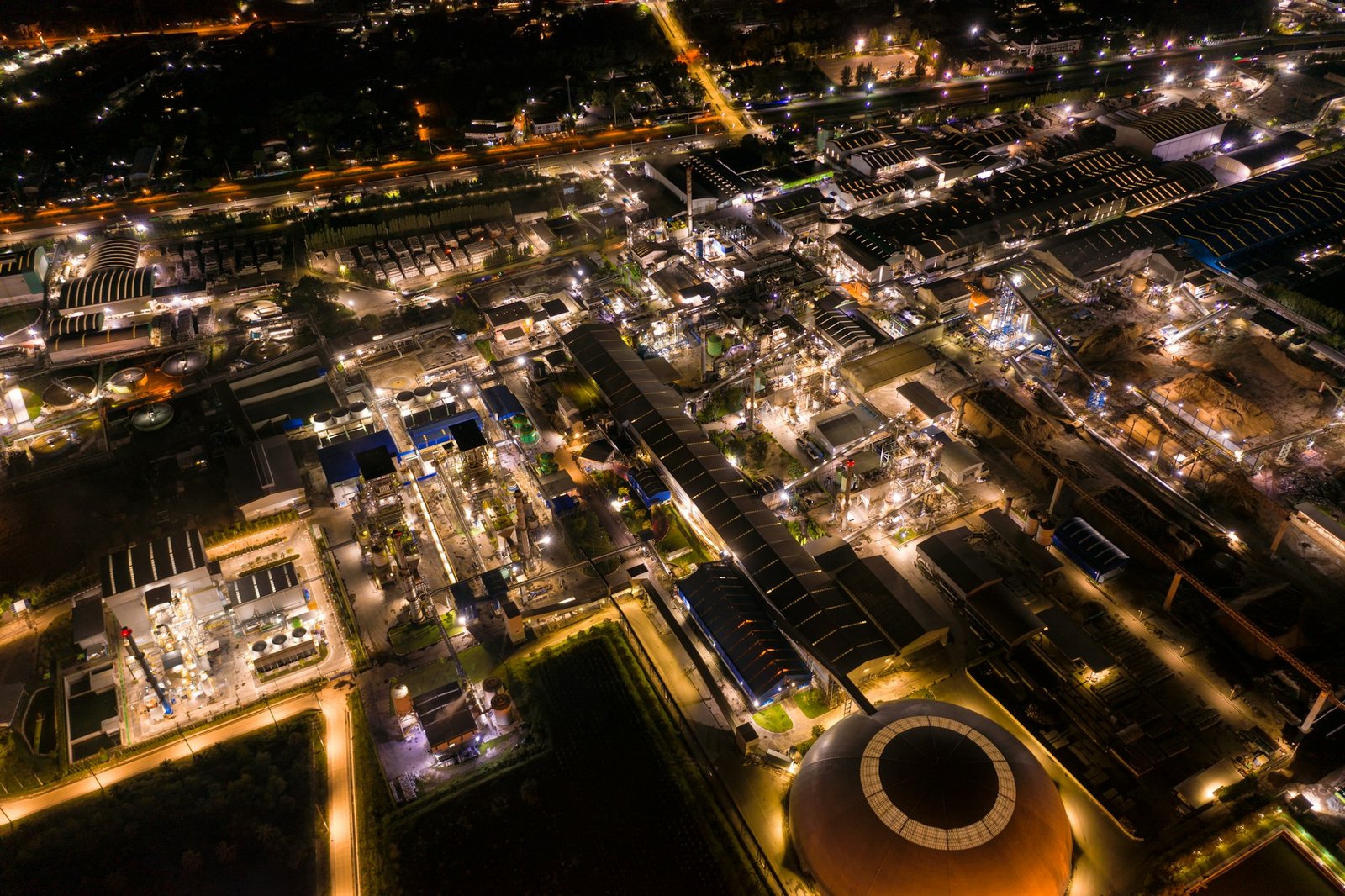In the realm of cancer treatment, personalized medicine has emerged as a groundbreaking approach, offering tailored therapies based on the unique molecular characteristics of each patient’s tumor. One such innovation gaining momentum is personalized cancer vaccines. These vaccines represent a paradigm shift in cancer immunotherapy, leveraging the body’s immune system to recognize and attack cancer cells with precision.
Understanding Personalized Cancer Vaccines
Traditional cancer vaccines work by stimulating the immune system to recognize and destroy specific antigens present on cancer cells. However, the challenge lies in identifying antigens that are unique to cancer cells while sparing healthy tissues. Personalized cancer vaccines address this challenge by targeting neoantigens—mutated proteins found exclusively on cancer cells—making them ideal candidates for immunotherapy.
The Process of Personalized Cancer Vaccines
The development of personalized cancer vaccines begins with tumor sequencing to identify neoantigens unique to each patient’s cancer. Next, bioinformatics tools analyze the sequencing data to predict which neoantigens are most likely to provoke an immune response. These predicted neoantigens are then synthesized and incorporated into a custom vaccine formulation.
Clinical trials have demonstrated the feasibility and potential efficacy of personalized cancer vaccines across various cancer types, including melanoma, lung cancer, and glioblastoma. In a landmark study published in Nature in 2017, researchers reported significant tumor regression in patients with melanoma who received a personalized cancer vaccine tailored to their specific neoantigens.
Advantages of Personalized Cancer Vaccines
- Precision Targeting: By targeting neoantigens unique to each patient’s tumor, personalized cancer vaccines minimize the risk of off-target effects and autoimmune reactions, enhancing their safety profile.
- Enhanced Immunogenicity: Neoantigens are highly immunogenic, meaning they can provoke a robust immune response. Personalized cancer vaccines harness this immunogenicity to activate the immune system’s T cells, which can recognize and eliminate cancer cells throughout the body.
- Adaptability to Tumor Evolution: Cancer is notorious for its ability to evolve and evade immune detection. Personalized cancer vaccines, designed to target multiple neoantigens, can adapt to changes in the tumor’s molecular landscape, making them potentially effective against resistant cancer cells.
Challenges and Future Directions
While personalized cancer vaccines hold immense promise, several challenges remain, including the scalability and cost-effectiveness of the manufacturing process. Additionally, optimizing vaccine delivery and combination therapies to maximize efficacy represents an ongoing area of research.
Looking ahead, ongoing advancements in genomic sequencing technologies, immunoinformatics, and vaccine platforms are poised to accelerate the development and implementation of personalized cancer vaccines in clinical practice. As researchers continue to unravel the complexities of the immune-tumor interaction, personalized cancer vaccines offer hope for improved outcomes and prolonged survival for cancer patients.
FAQs on Personalized Cancer Vaccines
- How are personalized cancer vaccines different from traditional vaccines? Personalized cancer vaccines target neoantigens, mutated proteins specific to each patient’s tumor, whereas traditional vaccines target antigens shared among multiple patients.
- What types of cancer can be treated with personalized cancer vaccines? Personalized cancer vaccines have shown promise in various cancer types, including melanoma, lung cancer, glioblastoma, and more.
- Are personalized cancer vaccines safe? Personalized cancer vaccines are designed to minimize off-target effects by targeting neoantigens specific to cancer cells, thus enhancing their safety profile compared to traditional treatments.
- How long does it take to develop a personalized cancer vaccine? The process of developing a personalized cancer vaccine typically takes several weeks to months, involving tumor sequencing, neoantigen prediction, and vaccine formulation.
- Are personalized cancer vaccines covered by insurance? Coverage for personalized cancer vaccines may vary depending on insurance providers and regional healthcare policies. It’s essential to consult with healthcare professionals and insurance representatives for specific coverage information.






